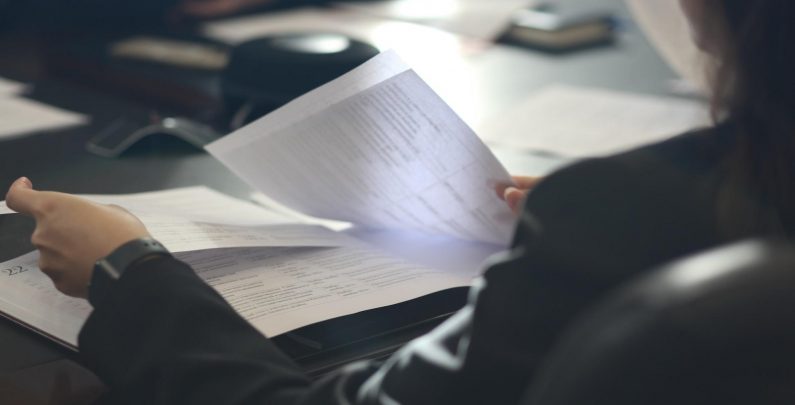
Understanding Confidential Document Disposal: Key Facts and Risks to Consider
Confidential document disposal may appear straightforward, but the process of destroying confidential documents is far from simple. When executed improperly, it poses a significant risk to your company, customers, and employees, potentially leading to data breaches that can result in irreparable damage. This harm includes reputational damage and the potential fines imposed by the Office of the Australian Information Commissioner (OAIC).
Thankfully, this need not be the case. By entrusting the document destruction services of ZircoSHRED ZircoSHRED, you can rest assured that your confidential information remains secure. Our commitment is to safeguard what matters most – the security of your business.
In the following discussion, we aim to dispel commonly held myths surrounding confidential document disposal while shedding light on important facts and risks that should be on your radar.
Myth: Office Shredders Save Time and Money
This is incorrect. Do-it-yourself shredding is likely to increase costs and diminish employee productivity for several reasons. First, the time employees spend collecting, sorting, and manually shredding documents is often underestimated. Factor in the additional time required for manual shredding, and you’ll find that staff are diverted from their primary responsibilities. Additionally, employee negligence and human error account for 24% of all data breaches1, a risk that escalates when manual shredding is involved.
Moreover, office shredders often produce easily reassembled strip shreds, substantially increasing the risk of a data breach. For legal compliance purposes, companies may be required to provide proof of secure document destruction, a feature lacking in do-it-yourself shredding but provided by our document destruction services, complete with a certificate of destruction for every shred.
Myth: Confidential Shredding Companies Are Indifferent to the Environment
At ZircoSHRED ZircoSHRED, we are dedicated to safeguarding both your personal information and the environment. By entrusting our confidential shredding services and implementing a shredding policy in your workplace, you can rest assured that your confidential information remains secure while all paper waste is responsibly recycled.
Myth: Confidential Document Disposal Is Irrelevant in Remote Work Settings
This is untrue. Remote working introduces additional data security risks, especially with the rise in phishing and fraud scams2 during the COVID-19 pandemic. Physical security threats also accompany remote work, heightening the risk of data breaches if left unaddressed.
ZircoSHRED can assist in managing and mitigating these physical security threats through our secure, purpose-built white bags designed to store all confidential documents. Employees can securely seal these bags and return them when they visit the office, or arrangements can be made for collection from their front doors for shredding. We ensure the secure shredding and recycling of confidential information while providing you with a certificate of destruction.
Myth: Only Large Companies Face Fines from the OAIC
This is also incorrect. While headlines often feature hefty fines imposed on large corporations for data breaches3, businesses of all sizes are susceptible to the jurisdiction of the Office of the Australian Information Commissioner (OAIC). In 2020 alone, 1,051 businesses in Australia, spanning various sizes, reported data breaches4 to the OAIC. Worryingly, 38% of these breaches resulted from human error.
When it comes to protecting personal information, why take unnecessary risks? Ensure peace of mind by entrusting the services of a confidential document disposal specialist like ZircoSHRED.
Sources:
- COVID cybercrime: 10 disturbing statistics to keep you awake tonight
- The biggest data breach fines, penalties, and settlements so far
- Australia had 1051 data breaches in 2020
Disclaimer:
This article is provided for informational purposes and does not constitute legal advice. Readers should not base their actions or decisions solely on the content of this article. Previous outcomes do not guarantee similar results. It is advisable to seek professional legal advice.
